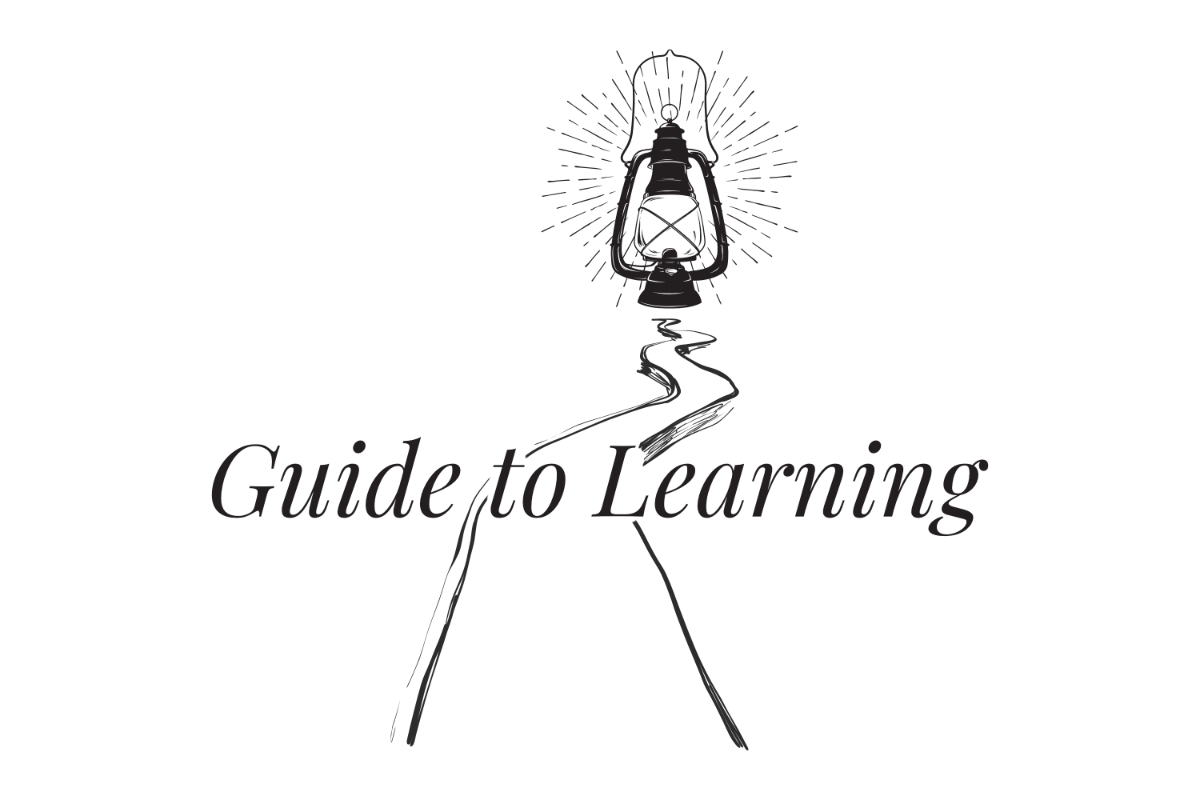Learning that your youngster is a struggling student, may be unnerving.
A struggling student needs to work more earnestly than others around him to achieve a similar task or get familiar with precisely the same thing.
There are numerous potential causes behind the kid’s battles. He may have actual inabilities that influence sight, hearing, versatility, or coordination. One exceptionally regular justification for learning battles is that the youngster has not yet been educated in a style that works for him.

So here are seven tips to help students that battle with Science:
- Give kids something tangible to investigate.
Youngsters learn science through experimentation. They need time to try, give things a shot, and think independently. Stand by before hopping in with “right” answers. Give your youngster the freedom to investigate and find answers on their own.
- Welcome interest.
Science learning starts with interest. Perceptions and questions can establish an environment of revelation – key to logical understanding. Youngsters can become more familiar with science even at shower time. Allow your youngster to pose her inquiries; however, you can likewise guide their interest. For example, when seeing an adjustable duck glide in the water, welcome him to think by saying, “I keep thinking about whether the cleanser will likewise drift?” See what questions she asks and what tests she attempts.
- Backing further investigation.
Deliberate grown-up cooperation with youngsters can expand their learning. At the point when the second is correct – possibly when she’s finished investigating all alone, propose an idea to broaden her investigation. Guide your youngster by posing inquiries like, “What may occur on the off chance that we attempt this?”
Offer a few things you find while investigating – an excellent striped stone, for instance. This tells your kid there is continually something deserving of our consideration and examination.
- Urge youngsters to record their perceptions.
Composing, drawing, or taking photos are approaches to recording perceptions – significant logical expertise. Such records permit youngsters to monitor what they saw, heard, addressed, or found. When you notice your kid is keen on something (like the moon, leaves changing on the trees, or the development of a plant), you can propose ways to record what they have noticed. “Would you like to draw that?” or “Would you like to take photographs?” or “Do you need me to assist you with composing what you took note of?”
5.Use things you have at home to analyze and investigate
You don’t have to go through cash purchasing science supplies. Your youngster can consider utilizing materials you may have at home.
6.Make great utilization of your electronic gadgets.
Take photos of a staggering butterfly, record frog sounds, utilize a site or application to study a particular marvel or animal.
7 . Learn from botches together.
If a trial turns out badly, exploit and explore with your kid to perceive what turned out badly. A misstep can prompt a wide range of conceivable outcomes, and it gives freedoms to you and your kid to refine your thoughts, comprehension, and speculations.
Encouraging a struggling student can be troublesome. However, the tips above can help make it significantly simpler. Take it each day in turn. Before you know it, your struggling student will get things done in life that you never imagined were conceivable! We would love to help facilitate that growth. Sign-up for your free consultation with a certified teacher today & book an online science tutor! Link the student page here.


Recent Comments